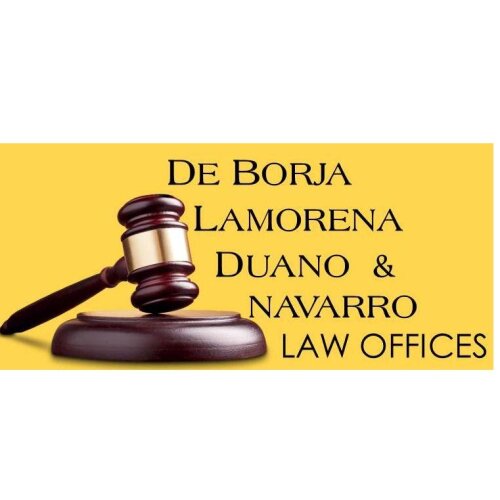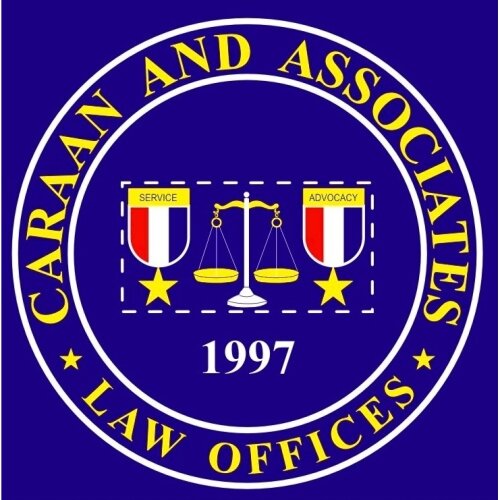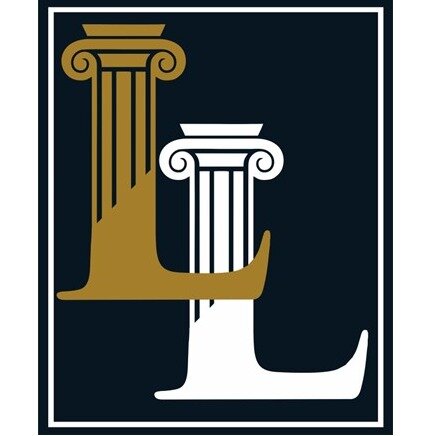Best International Lawyers in Manila
Share your needs with us, get contacted by law firms.
Free. Takes 2 min.
List of the best lawyers in Manila, Philippines
About International Law in Manila, Philippines
International law in Manila, Philippines refers to the legal principles, agreements, and regulations that govern relations between countries and international organizations. As the capital of the Philippines, Manila plays a crucial role in international affairs due to its participation in international trade, diplomacy, and various transnational activities.
Why You May Need a Lawyer
Seeking legal advice from a lawyer specializing in international law in Manila may be necessary in various situations, including:
- Business Transactions: When engaging in international business deals, contracts and agreements often involve complex legal considerations that require the expertise of an international lawyer.
- Immigration: Navigating immigration laws when moving to or from Manila, Philippines, can be challenging, and a lawyer can provide guidance on visas, work permits, or citizenship matters.
- Trade Disputes: In case of trade disputes with foreign entities, an international lawyer can help protect your rights, negotiate settlements, or represent you in international arbitration or litigation.
- International Family Law: International marriages, child custody issues across borders, or international divorces may require legal assistance from an international family lawyer.
- Human Rights Matters: If you believe your human rights have been violated on an international level, a lawyer specializing in human rights law can help you navigate the legal process.
Local Laws Overview
Understanding the key aspects of local laws relevant to international affairs in Manila, Philippines, is crucial. Some important areas to be aware of include:
- Constitution: The Constitution of the Philippines is the supreme law of the country and establishes the basic principles and fundamental rights.
- Trade and Investment Laws: Manila, being a major economic center, has various laws regulating international trade, investments, intellectual property, and competition.
- Immigration Laws: The Philippines has specific laws and regulations governing the entry, stay, and employment of foreigners in the country.
- International Treaties: Manila is a party to numerous international treaties and agreements, which have legal implications for various sectors and individuals.
- Dispute Resolution: The Philippines has a well-developed legal system, including courts, alternative dispute resolution mechanisms, and international arbitration facilities.
Frequently Asked Questions
1. Can I engage in international business without a local partner in Manila?
Yes, the law allows foreign individuals and entities to engage in international business in Manila without a local partner. However, certain industries and activities may require specific government approvals or permits.
2. How can I hire foreign employees for my Manila-based company?
The process of hiring foreign employees in Manila involves obtaining the necessary work permits and visas. You will need to comply with the Philippine immigration laws and provide appropriate documentation for the employees.
3. Are international child custody disputes recognized in Manila?
Yes, international child custody disputes are recognized in Manila, Philippines. The country is a signatory to the Hague Convention on the Civil Aspects of International Child Abduction, which provides a legal framework for resolving such disputes.
4. What steps should I take if my human rights are violated by a foreign entity in Manila?
If your human rights have been violated by a foreign entity in Manila, you should gather evidence, document the incident, and seek legal assistance from an international lawyer or relevant human rights organizations. They can guide you on the appropriate legal actions to take.
5. Can international arbitration be used to settle disputes in Manila?
Yes, international arbitration can be used to settle disputes in Manila. The Philippines has enacted the Philippine Alternative Dispute Resolution Act, which promotes arbitration and other alternative dispute resolution methods.
Additional Resources
If you require legal advice or further information regarding international law in Manila, Philippines, the following resources may be helpful:
- The Supreme Court of the Philippines - http://sc.judiciary.gov.ph/
- Department of Justice of the Philippines - https://www.doj.gov.ph/
- Philippine Commission on Human Rights - https://chr.gov.ph/
- Department of Trade and Industry - https://www.dti.gov.ph/
Next Steps
If you require legal assistance in the field of international law in Manila, Philippines, it is advisable to:
- Identify the specific area of international law relevant to your situation.
- Research and shortlist lawyers or law firms in Manila specializing in that area of law.
- Contact the selected lawyers to discuss your case and schedule consultations.
- Prepare relevant documents and information to present during consultations.
- Assess the lawyers' expertise, experience, and fees to make an informed decision.
- Select a lawyer to represent you and proceed with the necessary legal actions.
Lawzana helps you find the best lawyers and law firms in Manila through a curated and pre-screened list of qualified legal professionals. Our platform offers rankings and detailed profiles of attorneys and law firms, allowing you to compare based on practice areas, including International, experience, and client feedback.
Each profile includes a description of the firm's areas of practice, client reviews, team members and partners, year of establishment, spoken languages, office locations, contact information, social media presence, and any published articles or resources. Most firms on our platform speak English and are experienced in both local and international legal matters.
Get a quote from top-rated law firms in Manila, Philippines — quickly, securely, and without unnecessary hassle.
Disclaimer:
The information provided on this page is for general informational purposes only and does not constitute legal advice. While we strive to ensure the accuracy and relevance of the content, legal information may change over time, and interpretations of the law can vary. You should always consult with a qualified legal professional for advice specific to your situation.
We disclaim all liability for actions taken or not taken based on the content of this page. If you believe any information is incorrect or outdated, please contact us, and we will review and update it where appropriate.

















